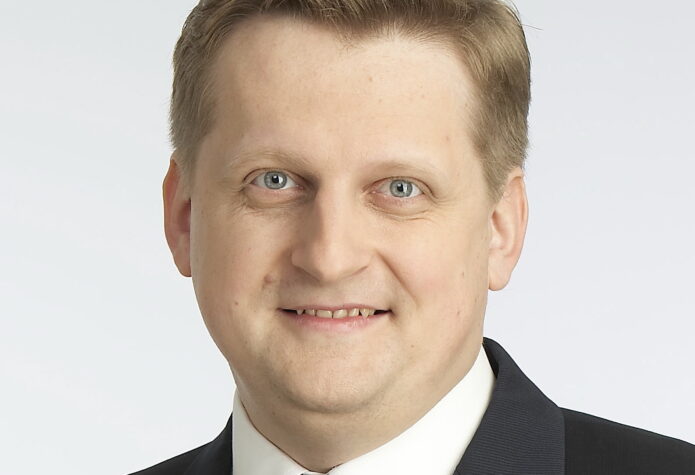Gatis Kokins: Excellence to drive Latvia's economy in the future?

By Gatis Kokins, economist, Latvia, for the NIB Bulletin
The Latvian economy was unprepared for the collapse of the global financial market. Now that optimism is back, the cost structure of the Latvian economy suggests excellence as a major driving power of tomorrow.
The introduction of free capital movement and removal of the barriers for international competition in the early 1990s made Latvia a tax haven for the wealthy. Services, especially financial intermediation, were booming, while the industrial growth was much slower.
The currency board arrangement that ensured the stability of the national currency made loans in euros extremely popular and spurred huge inflows of foreign cash. While commercial banks were doubling international borrowing during 2006-2008, Latvia’s consumer price index skyrocketed, as did the real exchange rate, making Latvian products no longer competitive due to their high cost base. Investors were tempted to invest in real estate, where returns were higher and tax rate close to zero, rather than in industrial production.
The global collapse of 2008 revealed the frightening truth: the Latvian economy was “naked”. With a current account deficit at 25% of GDP, Latvia narrowly escaped default only thanks to an IMF rescue package, and faced an 18% drop of GDP in 2009.
Today, the mood of foreign investors seems to be bullish again. The prudent fiscal policies of the current government, however, have done little to increase expectation of a leap in industrial output. The real exchange rate was not adjusted during the crisis by deflation: it is still around 30% higher than it was in 2006. Cost base is making Latvia less competitive than, for instance, Poland in attracting cost-sensitive production.
Latvia’s simplistic monetary policy can be beneficial only for industries with very high value added, such as high-tech areas, the ITC sector and the so-called design economy.
For instance, recent developments in telecommunications have made Latvia number 2 in the world in the average internet download speed. Such a groundbreaking bandwidth enables the use of interactive IP TV technologies and cloud computing applications.
The excellence of mastering cutting-edge solutions may just very well secure a good deal of the Latvian economy’s future competitiveness on the global market. If business is at the cutting edge of technologies, a high real exchange rate may not be the biggest obstacle.

Gatis Kokins
Economist
Photo: Valts Kleins